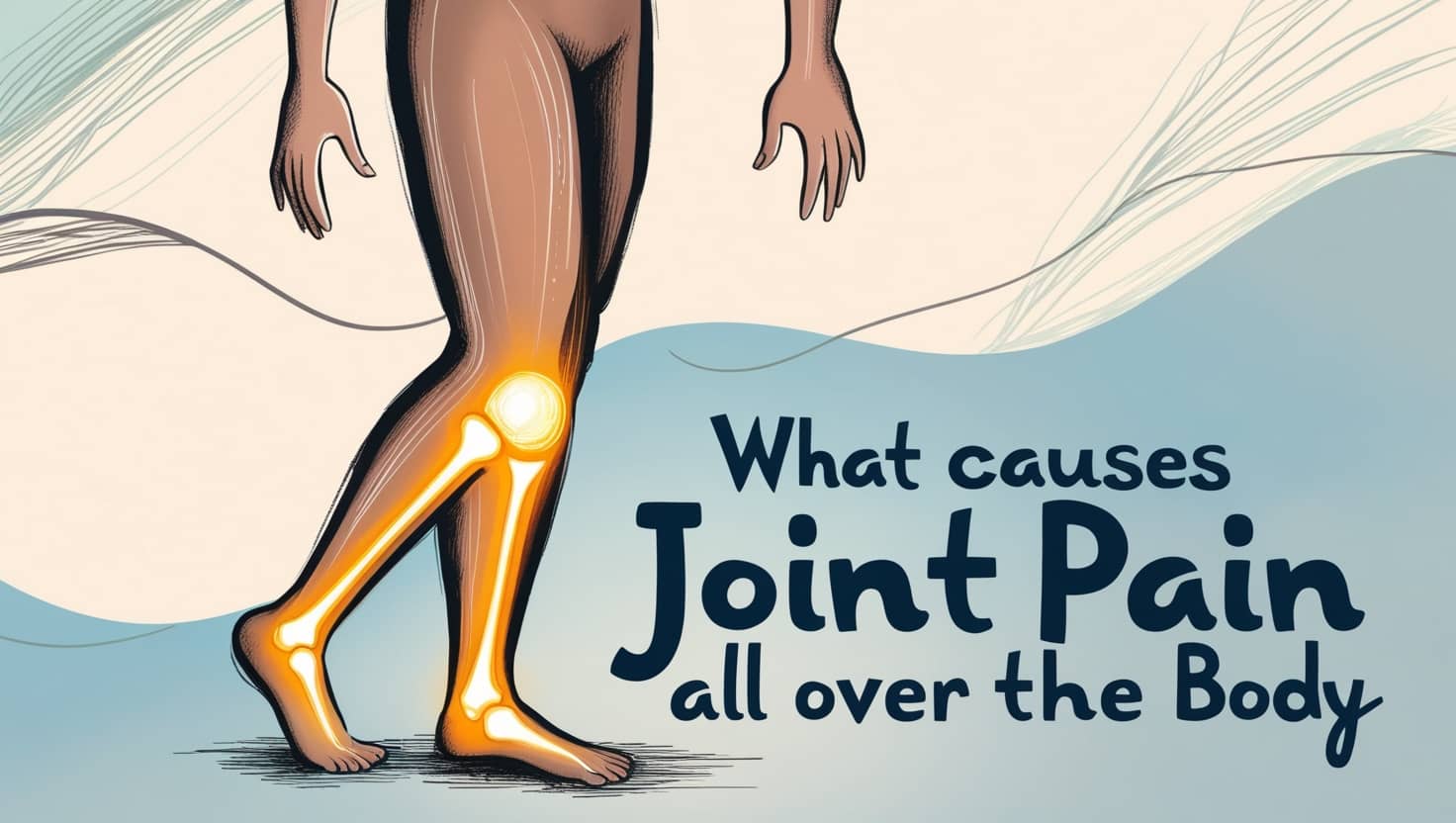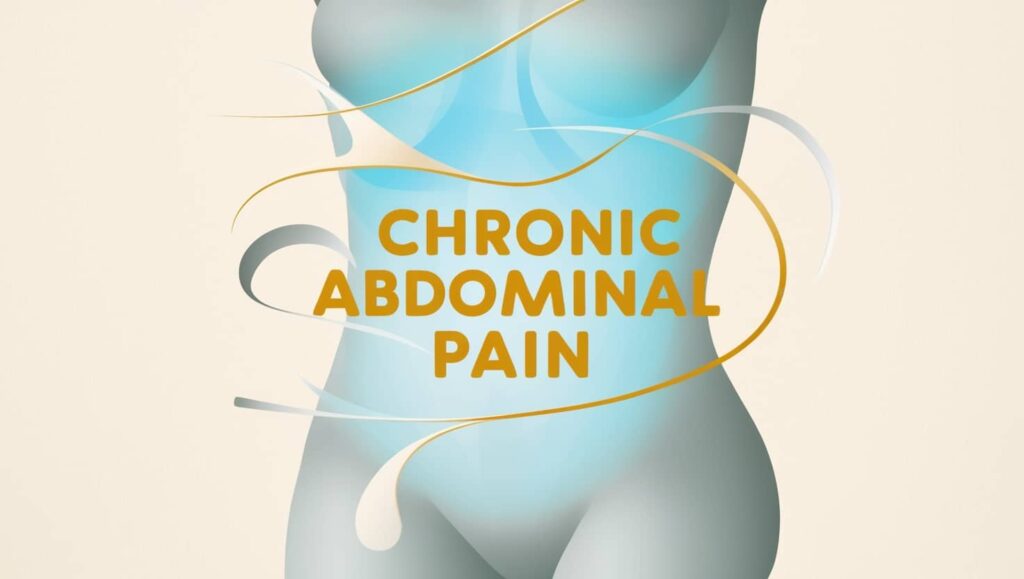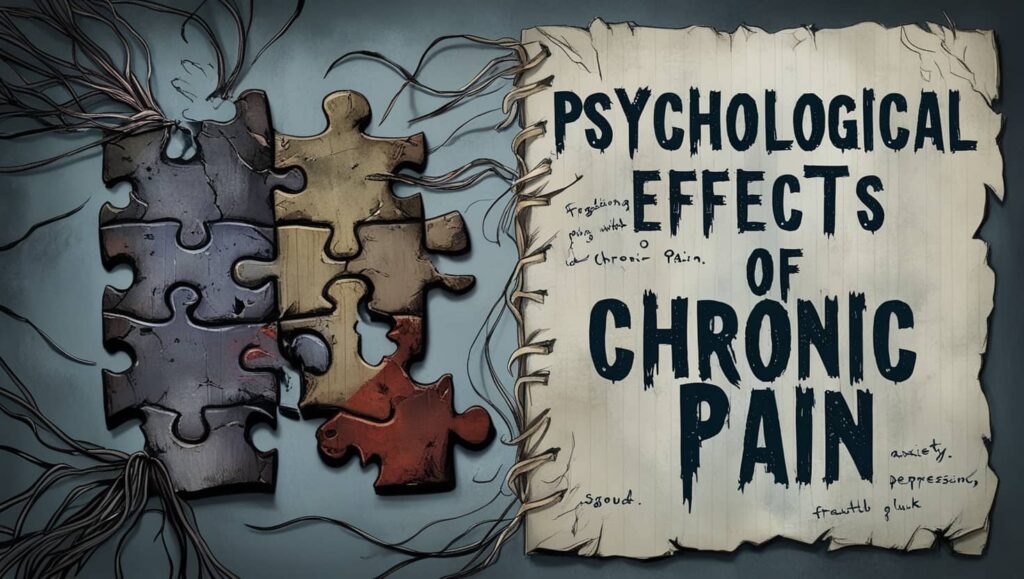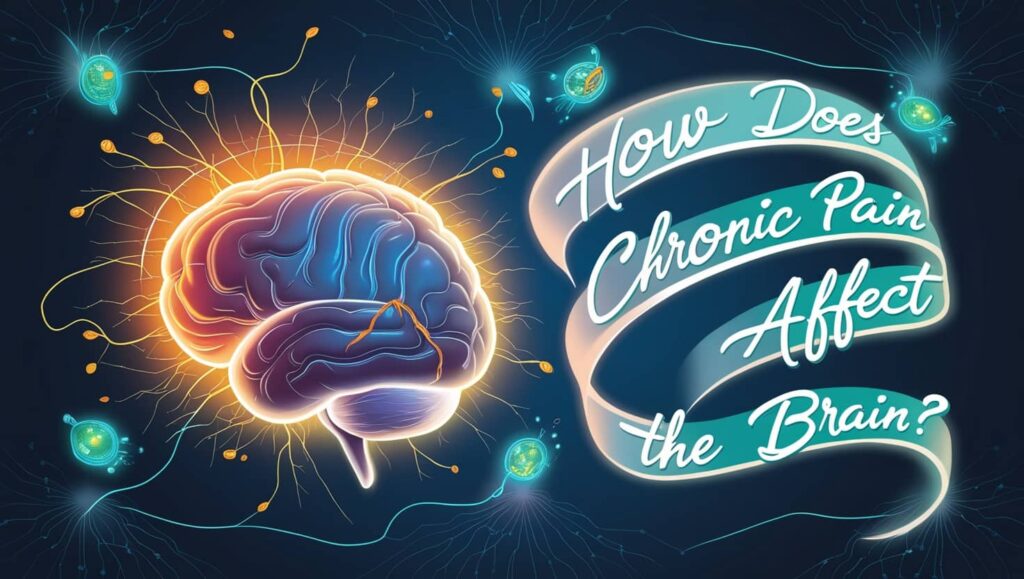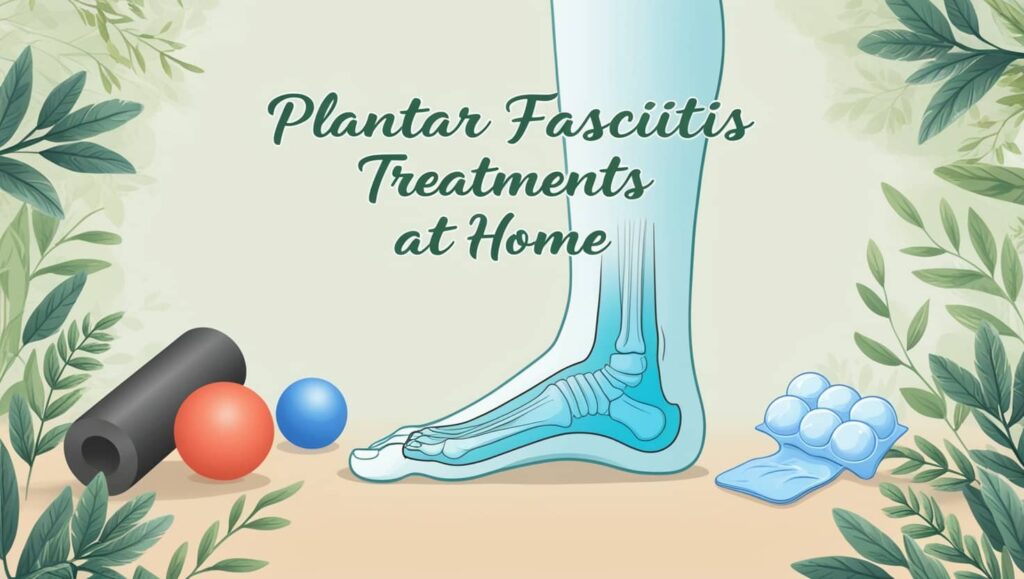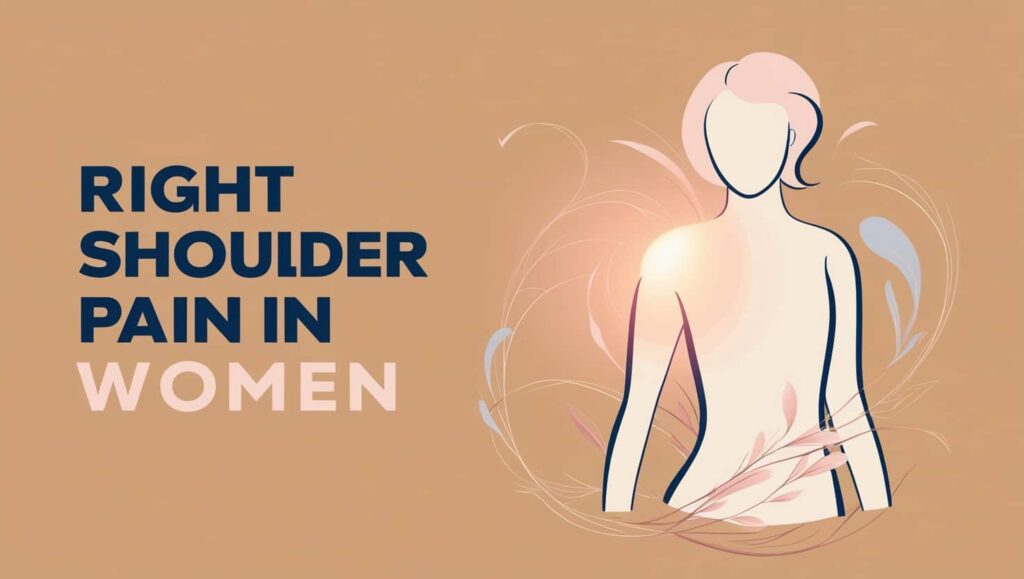Joint pain is a common health problem, and it may affect one or more joints in the body, such as the joints of the hands or knees.
Joints are the place where two bones of the body meet, as is the case with the hip joint that connects the pelvis bone to the thigh bone.
Joint pain affects joint functions, limits body movement, and reduces quality of life.
Come with us to learn about What Causes Joint Pain All Over the Body and how to overcome this pain.
Common Causes of Widespread Joint Pain
Knowing What Causes Joint Pain All Over the Body helps treat the problem and get rid of the pain. Here are the most common causes:
- Rheumatoid arthritis: It is an autoimmune disease in which the immune system attacks the joints.
- Osteoporosis: Which becomes more intense with age and cartilage erosion, and obesity can cause the condition to worsen, as well as some genetic factors.
- Fibromyalgia: It is a chronic problem that causes sleep disturbances, mood swings, and a feeling of tenderness throughout the body.
- Microbial infections: Such as Covid-19 infection, which causes joint pain throughout the body.
- Gout: In which uric acid crystals accumulate in the joints.
- Injuries of all kinds: such as fractures, sprains, and strains can cause chronic joint pain.
- Tendinitis: due to overuse of the joint.
- Bursitis: A bursa is a fluid-filled sac that protects bones, tendons, and muscles near joints. Bursitis usually affects the shoulder, elbow, hip, and knee joints.
- Other health problems: Lupus, Lyme disease, bone cancer, Scleroderma, Ankylosing spondylitis or leukemia. (Johns Hopkins medicine, n.d.)
When to Seek Medical Attention for Joint Pain
If you suffer from joint pain, it is recommended to seek medical help in the following cases:
- Feeling severe pain that prevents you from performing your daily tasks.
- If the joint pain is accompanied by fever.
- If you suffer from unexplained weight loss.
- If you suffer from joint stiffness for more than half an hour after waking up from sleep.
- If the joint is deformed or shows noticeable changes.
- If the joint locks or feels tight.
- If joint pain prevents you from sleeping.
Read Also: Chronic Abdominal Pain | Causes, Symptoms and Treatments
Managing and Preventing Chronic Joint Pain
You can benefit from knowing What Causes Joint Pain All Over the Body to manage pain and learn the skills needed to live a normal life. Here are the most prominent of these skills:
Staying active: Contrary to popular belief, physical activity can contribute to improving joint pain and help you do your daily tasks. You can set aside 150 minutes every week to walk, jog, or ride a bike.
Maintaining a healthy weight: Obesity can worsen joint pain and make movement difficult, if not impossible. To protect your joints and manage pain, you must maintain a healthy weight by eating a healthy diet and exercising moderately.
Seek medical follow-up: A health care professional can help you manage chronic joint pain without medication, and advise you on physical activity and proper nutrition that helps you maintain a healthy weight.
Protect your joints: Avoid injuries that can cause or increase damage to your joints.
Use hot and cold compresses: You can use hot compresses before exercise to relax and use cold compresses after exercise to treat inflammation.
Do stretching exercises: Try to gradually increase the range of motion of stiff joints.
Physical therapy: Join one of the recommended physical therapy programs.
Additional tips: Keep your body and joints hydrated and avoid stress and nervous and physical fatigue. (CDC, 2024)
References
CDC. (2024). Retrieved from Self-Care for Arthritis: Five Ways to Manage Your Symptoms: https://www.cdc.gov/arthritis/caring/index.html
Johns Hopkins medicine. (n.d.). Retrieved from Arthritis: https://www.hopkinsmedicine.org/health/conditions-and-diseases/arthritis

